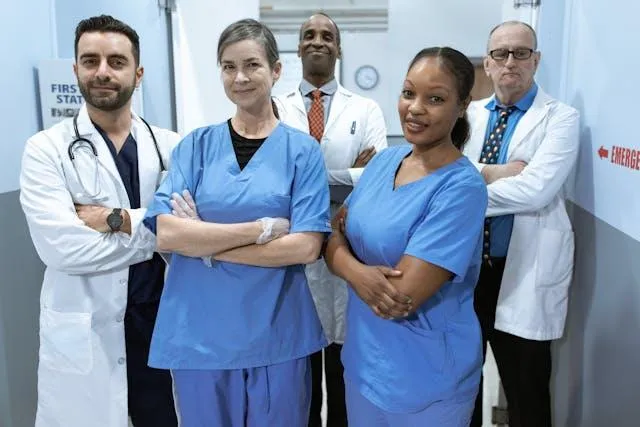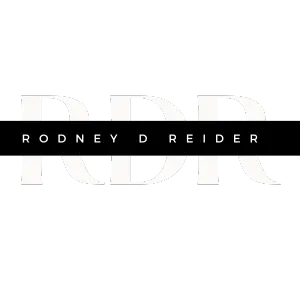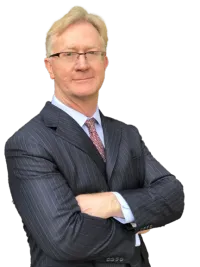
PODCAST INTERVIEW: WHAT ROLE DOES NETWORKING PLAY IN EXPANDING YOUR SKILLS AS AN EXECUTIVE?
Chris Ekrem: [00:00:00] So, you know, I think the other thing that CFOs could be doing, I was just kind of thinking about what you just said. And a lot of CFOs don't really network as much as they should, and that's not just CFOs just us in general, as human beings. We don't put that as a real high priority. Like it should be well, if CFOs could do a lot of informational networking, they could actually learn about a lot of operations, even if they've never even done a lot of that themselves, they can look.
From a lot of individuals now it's great if they can get that experience, but even if they can't, they could at least at bare minimum, they could do some informational networking that will give them insights into the issues within operations, talking to a COO, the CEO, VP of ops managers, directors, whatever it is, and then going out, uh, I'll tell you the one thing they could do.
And you and I both did this as they could do [00:01:00] some time studies like we did when we were at cost analysts. We, you you'd go through and say, okay, let's go watch a left heart cath. Okay. And you go piece by piece by piece. Okay. This is how much it costs for gauze. This is how much it costs for every little thing that we do, price it out.
Watch the procedure, watch the actual facilities inaction. And by doing that, you really get to see what's going on truly. And a lot of CFOs, they don't really understand cost accounting many times, and what goes into it. It's very detailed. It's kind of what I would call sort of the detailed minutiae and grunt work, but it's so critical to understand a lot of that stuff.
And that's, I think another way that they could do that besides the informational networking as well.
Rodney Reider: That's an excellent, excellent point. That networking is hard for all of us. It's a matter of setting aside the time to do that type of thing. And when we're more on the [00:02:00] introversion side, it's even more difficult because you've been in meetings all day and that kind of stuff.
But setting aside time every day to do networking would be important. Cause you get learnings, you get different points of view. You have insights that you'd never thought of outside your organization, or they're doing like this over here. That's important and important. They take the time to go to. The HFMA is in those different meetings.
I think that provides that networking and follow to see what they're doing. A lot of great things happening out there. And how do we tap into that? We tap into it through the people that we can make contact with. Right. And that's an excellent
Chris Ekrem: point. Yeah. Th the networking piece cannot be. Overestimated in terms of, you know, I mean, it just, I should say underestimated.
I mean, it, it is really, really important because the thing is you don't want to network just when you need somebody you network, when you don't need somebody so that you have the free. To, to use your network for informational purposes, instead of calling them up and say, Hey, we haven't [00:03:00] talked for 10 years, but it's great to hear your voice and so forth.
And they say, yeah, what, what, what do they want now? And so forth? That's not when you want to be networking. So I think if you can make it a part of a lifestyle change, shall we say instead of a diet and say, okay, every day you just put 15 to 30 minutes on the calendar. And you're going to call people and you're going to network and you can relate it to your current job and so forth as well, but it needs to be done every single day and, and be very intentional.
Otherwise you may come up for air five years later and realize that June really never talked to that many people. You just talk to people in your own organization and by the time. Let's say you're out of work or are thinking about your next opportunity. It's kind of too late because you haven't been laying the foundations all the time.
Rodney Reider: That's great advice, Chris. That really is an and again, we're not most of [00:04:00] us, aren't that good at it, but those that are good at it, it really pays off for them because they're always networking. So they're getting constant learning and they're also being able to help position themselves for the future.
And that really is key. And your, your other point, just to build on that slightly, it's excellent in terms of. We were fortunate to be at that level of, from decision support, looking at cost accounting. I remember doing the physician preference cards, working in an Orr, going through and, you know, delineating every piece of what that position uses, the timing and all that kind of stuff.
That's incredible learning. But by us sharing that you don't have to do it. You can learn that without having to do it. And so. That takes that visible listener piece that takes the questioning that takes the time. So those are all key factors that you can learn by asking the people doing it. You have a better understanding, again, you're taking that, but that patient and center building infrastructure around that patient financially, operationally, that CFO can play an incredible part in that the children's setting the strategic plan and, and the focus for that [00:05:00] whole organization is so valuable that CFO has, uh, the depth of understanding in those areas.
Fantastic.
Tagged: podcast, networking, relationships, skills, learning, expertise
Mindset, Skillset, Peopleset Leadership

